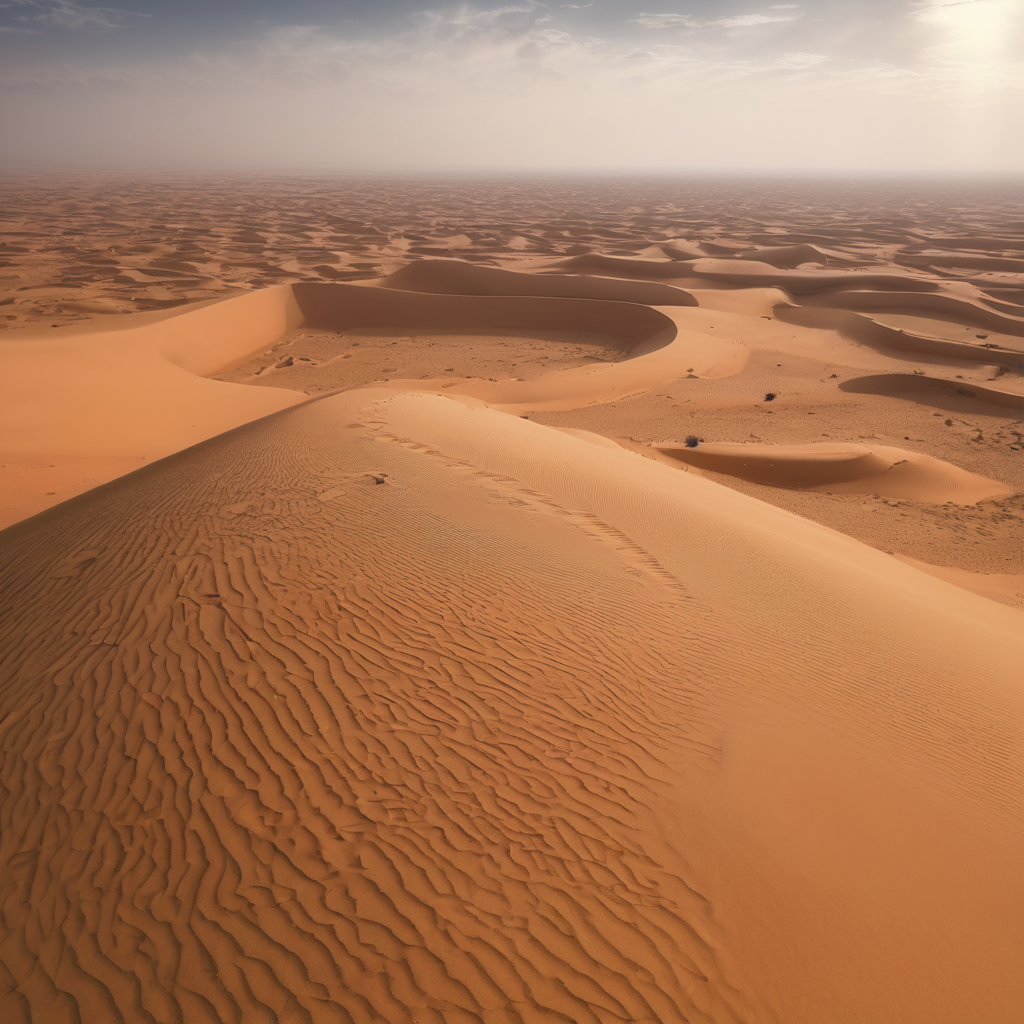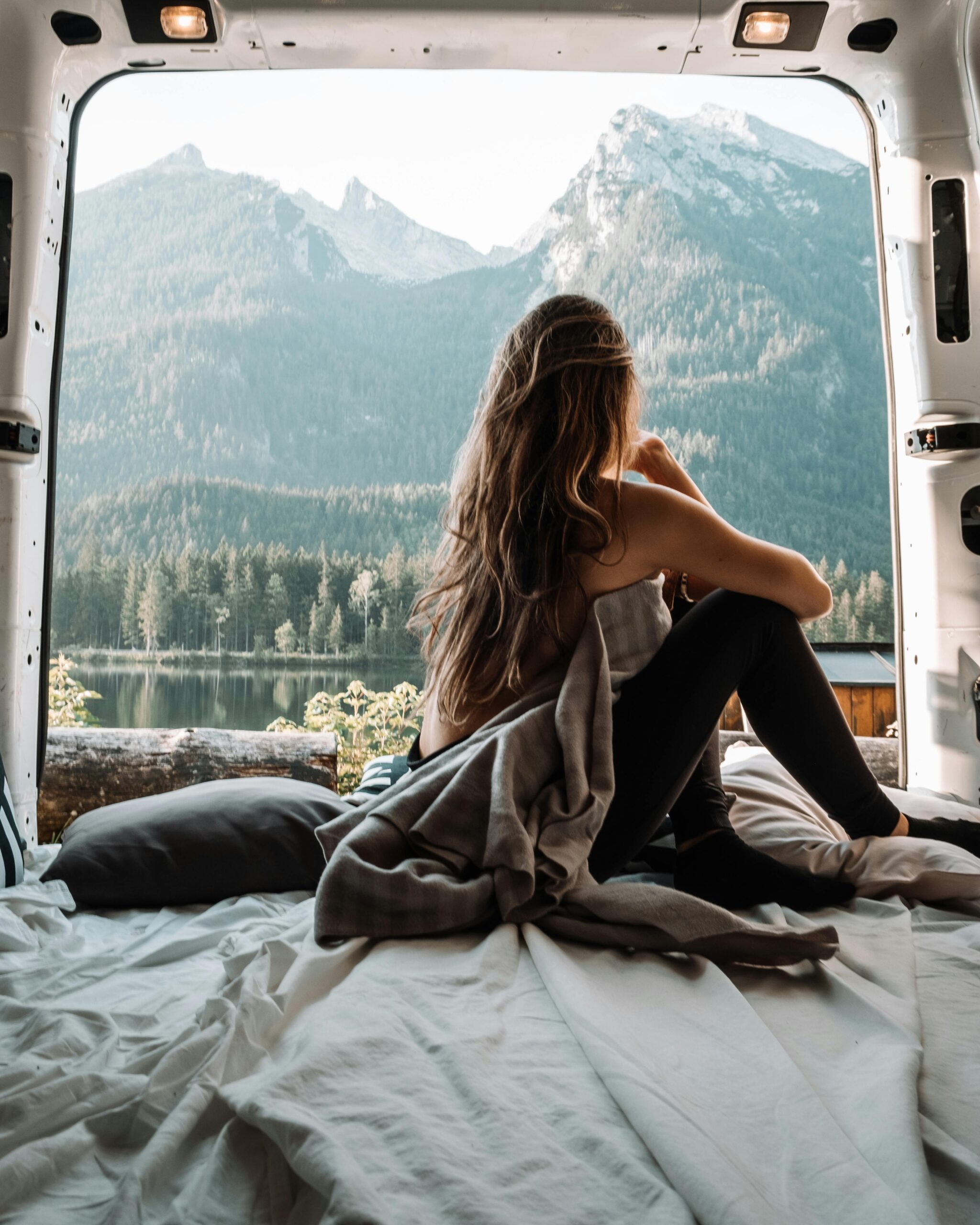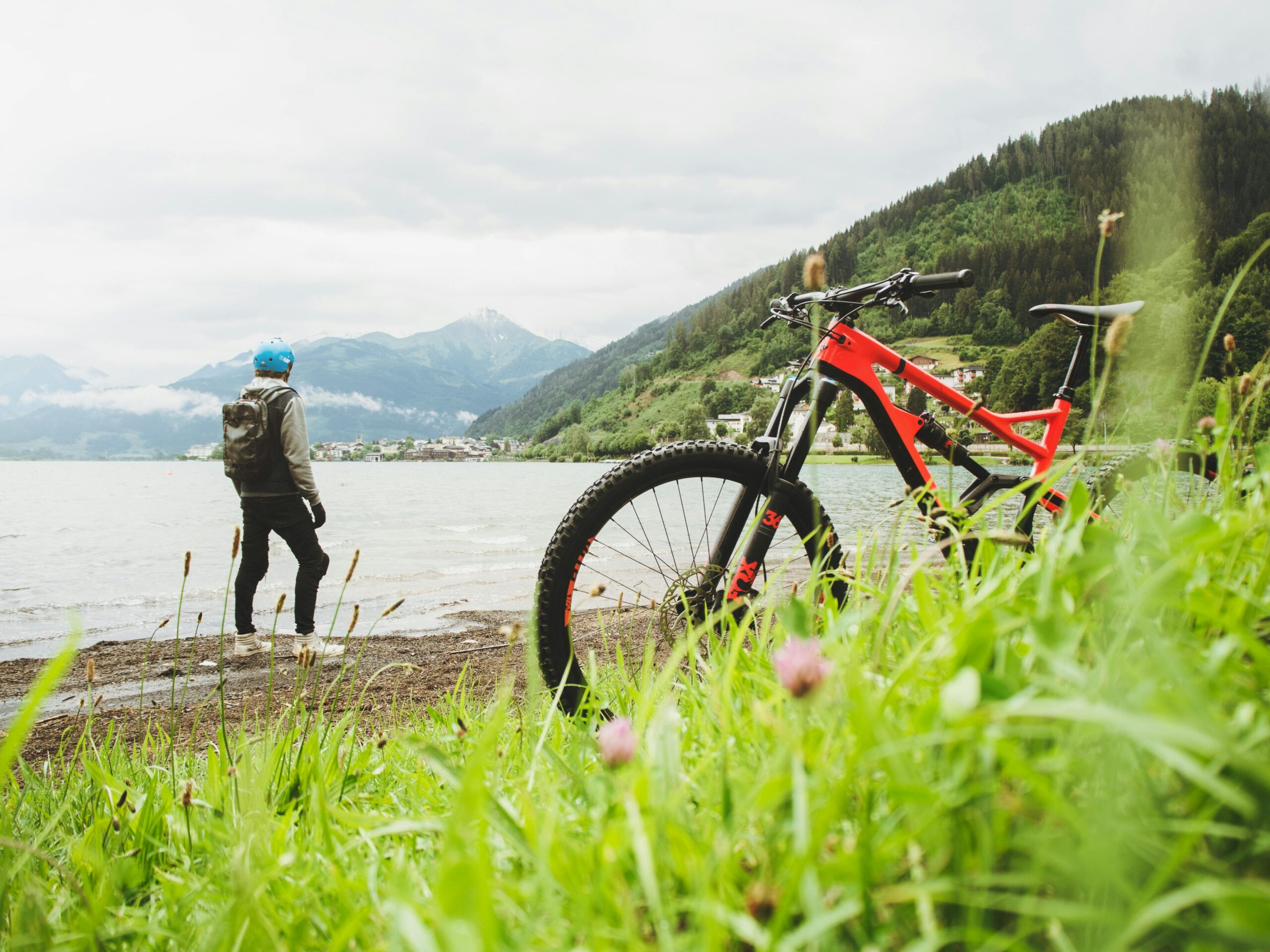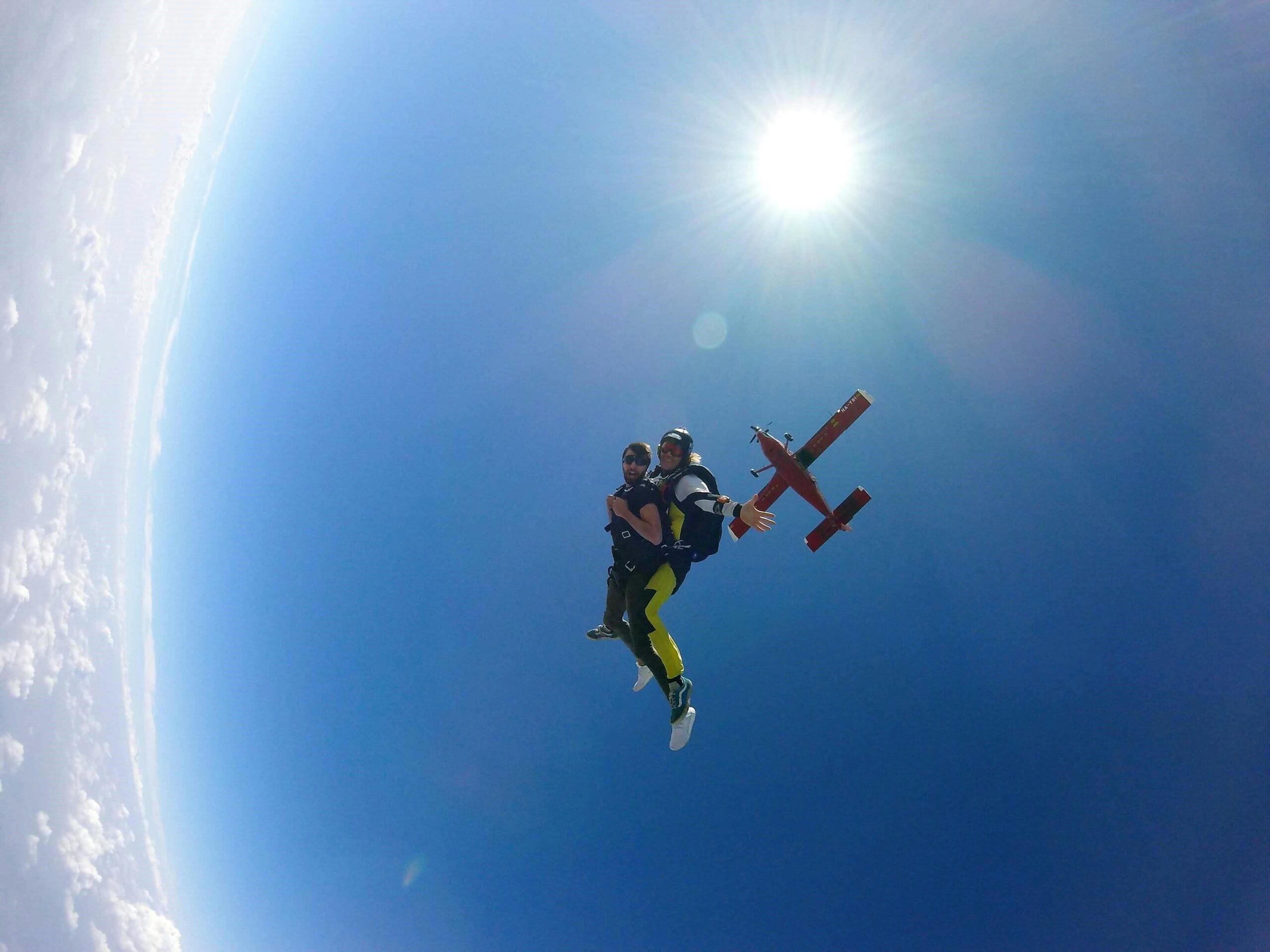The Sahara Desert, the largest hot desert in the world, offers a unique and awe-inspiring travel experience. Spanning over 9 million square kilometers, it covers a significant part of North Africa. This vast landscape, characterized by rolling sand dunes, rugged mountains, and breathtaking oases, has long fascinated travelers with its beauty and mystery. In this comprehensive guide, we explore the allure of the Sahara Desert, its geographical and cultural significance, and provide practical tips for planning your journey.
Geographical Information
Location and Extent
The Sahara Desert stretches across several countries in North Africa, including Algeria, Chad, Egypt, Libya, Mali, Mauritania, Morocco, Niger, Western Sahara, Sudan, and Tunisia. Its vastness makes it one of the most geographically diverse deserts, featuring sandy dunes, rocky plateaus, salt flats, and dry valleys.
Climate and Weather
The Sahara’s climate is predominantly hot and dry, with temperatures often exceeding 50°C (122°F) during the day and dropping significantly at night. The region experiences minimal rainfall, with some areas receiving less than an inch annually. The best time to visit the Sahara is during the cooler months, from October to April, when temperatures are more bearable.
Best Times to Visit
The optimal time to visit the Sahara is during the cooler months, from October to April. During this period, daytime temperatures are more manageable, and nights are cool, making for a more comfortable experience. Avoid the summer months (June to August) when temperatures can be dangerously high.
Cultural Insights
Local Customs and Traditions
The Sahara is home to diverse ethnic groups, including the Tuareg, Berber, and Bedouin peoples. These communities have rich cultural traditions, including music, dance, and storytelling. Visitors can experience traditional hospitality, with tea ceremonies and local cuisine being integral parts of the culture.
Language and Communication
Arabic is the most widely spoken language in the Sahara, though various Berber languages are also prevalent. French is commonly spoken in the western and central parts of the desert due to colonial history. Learning a few basic phrases in Arabic or French can enhance your interaction with locals.
Religion and Spiritual Practices
Islam is the predominant religion in the Sahara, influencing daily life, customs, and festivals. The call to prayer is a familiar sound, and visitors should be respectful of local religious practices and customs, especially during the holy month of Ramadan.
Must-Visit Attractions
The Dunes of Erg Chebbi and Erg Chigaga
Erg Chebbi, located near the town of Merzouga in Morocco, is known for its towering dunes that can reach up to 150 meters in height. Erg Chigaga, another famous dune field, offers a more remote and less touristy experience. Both are perfect for camel trekking and witnessing breathtaking sunrises and sunsets.
The Ancient City of Timbuktu
Located in Mali, Timbuktu is a city steeped in history and mystery. Once a center of Islamic learning and a key stop on the trans-Saharan trade routes, it houses ancient mosques and manuscripts. Although remote, it remains an iconic destination for history enthusiasts.
The Oasis of Siwa
Situated in Egypt, the Siwa Oasis is known for its lush palm groves, freshwater springs, and salt lakes. The oasis is also famous for the Temple of the Oracle of Amun, where Alexander the Great was declared a god. The relaxed atmosphere and rich history make Siwa a must-visit.
Activities and Experiences
Camel Trekking
Camel trekking is one of the most iconic experiences in the Sahara. Riding through the dunes on a camel’s back offers a unique perspective of the vast desert landscape. Whether it’s a short ride or an overnight journey, this experience allows you to connect with the timeless allure of the Sahara.
Stargazing
The Sahara’s remote location and clear skies make it an ideal place for stargazing. Away from the light pollution of cities, the night sky here is a canvas of stars, planets, and constellations. Many tour operators offer guided stargazing experiences, complete with telescopes and expert guides.
Desert Camping
Spending a night in the Sahara Desert is an unforgettable experience. Many tours offer luxury desert camps with comfortable tents, traditional Berber meals, and live music. For those seeking adventure, there are also options for more rustic camping under the stars.
Travel Tips
Accommodation
Accommodation in the Sahara ranges from luxury desert camps to basic tents and lodges. In popular areas like Erg Chebbi, you can find a variety of options to suit different budgets. It’s advisable to book in advance, especially during peak travel seasons.
Transportation
Getting to the Sahara can involve a combination of flights, buses, and 4×4 vehicles. Major cities like Marrakech, Cairo, and Tunis serve as gateways to the desert. Once in the desert, transportation is typically organized through tour operators, who provide 4×4 vehicles or camels for excursions.
Packing Essentials
When packing for a trip to the Sahara, consider the extreme temperatures and the lack of facilities. Essentials include lightweight clothing for daytime, warm layers for the evening, a hat, sunglasses, sunscreen, and plenty of water. A good camera and binoculars are also recommended for capturing the stunning landscapes and wildlife.
Safety and Health Precautions
Dehydration and Sun Protection
The Sahara’s harsh climate requires careful preparation. It’s essential to stay hydrated, wear protective clothing, and use high-SPF sunscreen. Travelers should also be aware of the signs of heat exhaustion and take regular breaks in shaded areas.
Navigating the Desert Safely
The vastness and remoteness of the Sahara can pose navigation challenges. It’s crucial to travel with experienced guides who know the terrain well. Never venture into the desert alone, and always inform someone of your travel plans and expected return.
Health Considerations
Travelers should ensure they have adequate travel insurance, including coverage for remote areas. It’s also advisable to carry a basic first-aid kit and any necessary medications. Those with pre-existing medical conditions should consult their doctor before traveling.
Budget Planning
Cost Breakdown
A trip to the Sahara can vary greatly in cost depending on the level of comfort and activities chosen. Budget options include basic accommodations and self-guided tours, while luxury packages offer all-inclusive experiences with private guides, gourmet meals, and comfortable lodgings.
Tips for Saving Money
To save money, consider traveling during the off-season, booking tours in advance, and opting for group tours rather than private ones. Bargaining is also common in local markets, so don’t hesitate to negotiate prices.
Local Cuisine
Traditional Dishes
Saharan cuisine is influenced by Berber, Arab, and French culinary traditions. Popular dishes include couscous, tagine, and harira (a hearty soup). Fresh dates, mint tea, and flatbreads are also staples in the local diet.
Unique Food Experiences
Visitors to the Sahara can enjoy unique food experiences, such as dining under the stars or participating in a traditional tea ceremony. In some regions, you can also try camel milk or meat, which are local delicacies.
Food Safety Tips
When trying local foods, it’s important to follow basic food safety guidelines. Choose well-cooked dishes, drink bottled water, and avoid raw or undercooked meats. Be cautious with street food and ensure that fruits and vegetables are thoroughly washed or peeled.
Conclusion
The Sahara Desert offers an extraordinary travel experience that combines natural beauty, rich culture, and unique adventures. Whether you’re exploring ancient cities, trekking through the dunes, or enjoying a quiet moment under the starry sky, the Sahara has something for every traveler. With careful planning and a spirit of adventure, a trip to the Sahara is sure to be a journey of a lifetime.




